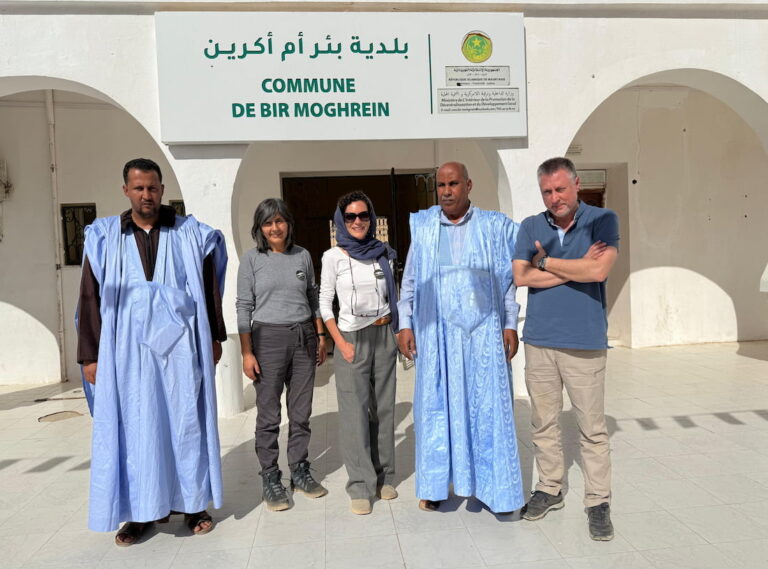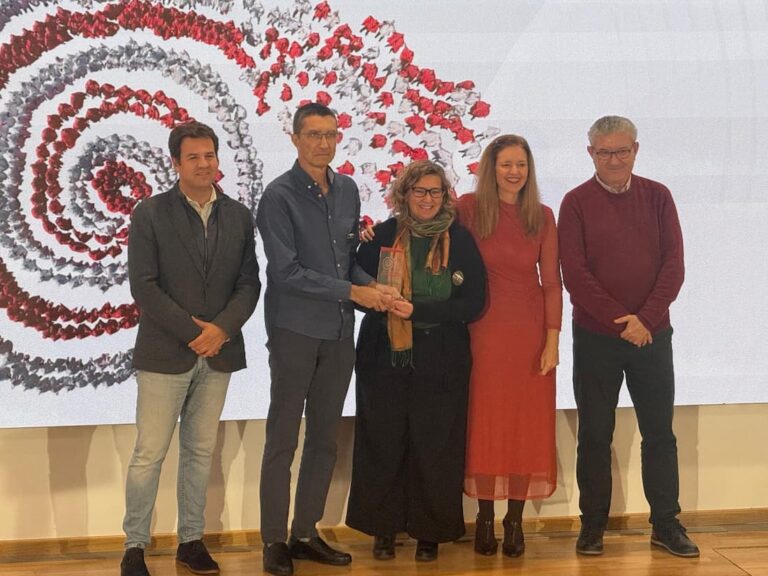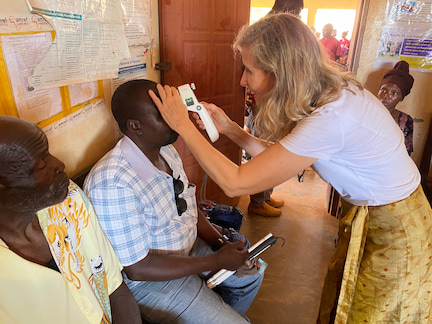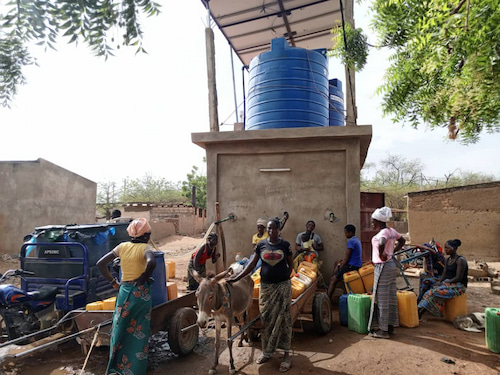On 03 October in Yaoundé, Cameroon, we celebrated a day dedicated to the sickle cell diseasea genetic disease affecting thousands of people in AfricaThe gene is carried in Cameroon, where between 10% and 40% of the population carry the gene, but which, however, is virtually unknown in Europe.
This day was an opportunity to share the lessons learned and experience gained during 5 years of campaigning in the country, in order to continue raising awareness and promoting a national strategy to address sickle cell disease from an inter-ministerial and multi-stakeholder approach. Collaboration with the Ministry of Public Health and with civil society organisations specialised in sickle cell disease such as GEDEPRACAM, as well as the attendance of other international actors such as Helen Keller, were key to the success of the event.
The event was attended by authorities, experts and beneficiaries of the foundation. Among them, it is worth mentioning the Spanish Ambassador to Cameroon, Ignacio Rafael García Lumbreras, the representatives of the Ministry of Public Health, Dr. Dema Fidèle and Dr. Vaissaba Emmanuel, the general director of the Recover Foundation, Marta Marañón, Dr. Suzanne Belinga, member of GEDEPRACAM and Emilie Ngono, representative of the Recover Foundation in Africa.


During the conference, the foundation's director general highlighted the need to work in a context of partnerships between public actors, international organisations and civil society to join forces and achieve a greater social impact.
In addition, the panellists underlined the importance of coordinating with public authorities to establish a national strategy to address sickle cell disease, especially in rural areas where incidence is higher and vulnerability is greater. It was also highlighted the need to put the focus on prevention and awareness-raising to tackle this disease, which is virtually unknown in Europe.
The day was a success, with a room full of health staff from the centres we collaborate with and representatives from various international organisations.


We continue to work to improve health in Africa and to addressing the management of diseases such as sickle cell diseaseThe health challenge is not only a health challenge, but also a cultural one.

















